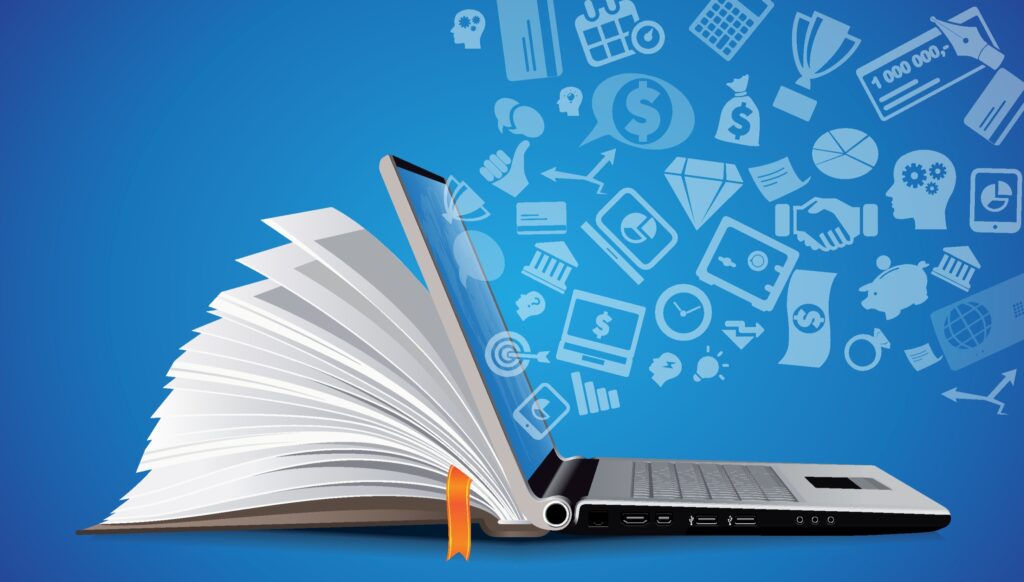In late 2015, DataKind scoped a DataCorps® project with an ambitious challenge: help a team of researchers with the Science for Nature and People Partnership (SNAPP), led by DataKind partner Conservation International, make evidence synthesis easier and more accessible to a wide community of conservation practitioners. Evidence synthesis is the “gold standard” for information review – it’s often done through specific processes of systematic reviews or mapping, where a team of researchers follows a prescribed process of identifying, extracting, and evaluating information from multiple sources that have covered the same topic and thousands are published each year. These types of reviews are a key resource for practitioners looking to make decisions, inform policy, and guide research.
As an example of scale, DataKind’s partner team completed a systematic map in 2015 that included over 1000 sources that attempted to answer the question: “what are the impacts of nature conservation interventions on human well-being?” However, it’s highly resource intensive and because of this, many practitioners are simply left out of this type of research process, and this team of researchers and practitioners wanted to change this status quo.
While initially thinking about a solution that might have solved the synthesis challenges just for the SNAPP research team, the team ultimately decided to cocreate a solution that would be a commercial competitive, free, and open source tool that integrated machine learning into traditional manual review through a web application. The result, Colandr, was released at the International Conference on Conservation Biology in 2017.
As a free and open source web application, it’s been widely used beyond the conservation community as a research tool that has supported over 700 teams in their research journeys. Nearly five years since that release, DataKind has teamed up with Colandr partner, the Center for Biodiversity and Conservation at the American Museum of Natural History, to chart the next half-decade of Colandr. Our first task: tackle the 30+ issues we’ve identified to improve the functionality of Colandr. From no-code to extensive programming solutions, there’s something for everyone to contribute!
Join us on Monday, October 25, 2021 for a webinar to learn more about Colandr, Colandr’s users, and what the Colandr user base is looking for in the next evolution. Sign up for Hacktoberfest and start collecting points for each pull request you make, and help us take Colandr into 2022 with exciting momentum.
Do you want to learn more about the organizations involved? Are you interested in volunteering? Do you want to support our future work? Check out the below for more information.
Introducing Our Hacktoberfest Partner
The Center for Biodiversity and Conservation at the American Museum of Natural History: The CBC aims to bring evidence – from multiple sources of knowledge and perspectives – to bear on complex conservation problems, and foster collaboration on robust and equitable action. The CBC leads biodiversity informatics research to advance all aspects of conservation science and practice, from data collection to analysis, synthesis, and decision support. Current efforts center on harnessing machine learning approaches for social good, through a range of topics in biodiversity conservation including species distribution modeling, landscape classification and object detection from image data (e.g. remote sensing, camera traps), and analysis of text-based data (e.g. scientific literature, web data). All of our projects generate open-source tools and resources so we can make evidence more accessible and the bedrock of decision-making in the environmental field.
Joining the DataKind Movement
DataKind’s work is possible through the generosity of our volunteers, donors, and corporate sponsors. If you’re moved and can join us in supporting this and our future important work, please become a donor here. Every gift helps DataKind harness the power of data science and AI in the service of humanity.
Quick Links
- Protecting the Planet to Help Communities Thrive
- New App Enables Conservationists to Quickly Mine Research for Key Insights
- Using machine learning to advance synthesis and use of conservation and environmental evidence
- Keep a Human in the Machine and Other Lessons Learned from Deploying and Maintaining Colandr
- Unlocking Hidden Insights in the Social Sector with Natural Language Processing
- DataKind San Francisco’s Third DataDive
- Data Science for Good Project Scoping: Identifying Your Data-Scienceable Problem



